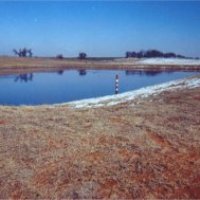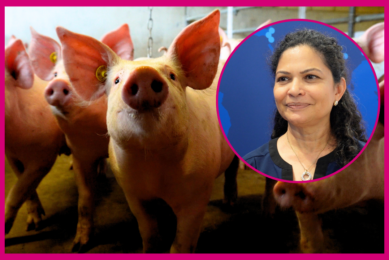North Carolina discusses ‘hog lagoons’

The use of open-air pits to temporarily store pig waste is currently a hot topic of public debate in North Carolina, US.
So-called ‘hog lagoons’ have been allowed by the means of a moratorium since 1997 – a moratorium that has been extended four times ever since.
Opponents however raised their vocies as the moratorium will end September 1 – they criticise the lagoons for their smell and blame them for ill effects on health.
New moratorium
A bill for a new moratorium for three more years was approved earlier this month by the state House Agriculture Committee – but still has to be considered in the full House.
Requests were made by two environmental groups to permanently ban waste lagoons in North Carolina. Such a ban would pressure the pig industry and others to develop less-expensive technology for farmers, according to the groups.
Necessity
The committee members said that the moratorium is still needed while researchers and the pig industry try to lower the costs of alternative waste-disposal methods.
A report last year recommended five alternatives that would reduce ammonia and pathogen emissions but could cost up to five times more than the lagoon and spray-field method.
North Carolina
North Carolina is the US’ second-largest state in pig production, representing 10 million animals. State pig farms produce 13 million pounds of waste a day into the open-air pits, according to state agricultural officials.
For the latest pig news, subscribe here











